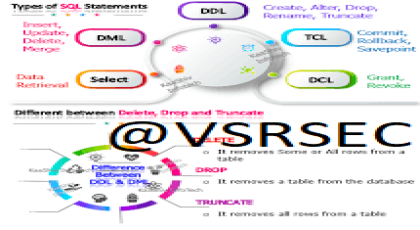jQUERY
Branch : CSE






This comprehensive online course is designed to equip learners with the essential skills to manage, query, and manipulate relational databases using MySQL, one of the most popular and powerful open-source database systems. Whether you're a complete beginner or looking to deepen your SQL expertise, this course provides a structured path to mastering MySQL through hands-on practice and real-world examples.
You’ll start with database basics, learning how to design tables, insert and retrieve data, and write efficient queries. As the course progresses, you’ll explore advanced concepts such as joins, subqueries, transactions, stored procedures, and performance optimization. By the end of the course, you’ll be able to confidently build, manage, and secure MySQL databases for web development, data analytics, and enterprise applications.
Fundamentals of relational databases and MySQL architecture
SQL query writing: SELECT, INSERT, UPDATE, DELETE
Data filtering, aggregation, sorting, and grouping
Advanced SQL: JOINS, subqueries, views, functions, and triggers
Database design principles and normalization
MySQL administration basics: users, permissions, backups
Real-world projects and case studies
Interactive quizzes and coding exercises
Students and beginners in programming or data science
Web developers and software engineers
Data analysts and business professionals
Anyone looking to work with structured data and databases


Understand the fundamentals of relational databases and the role of MySQL in modern applications.
Design and create well-structured databases, including defining tables, relationships, keys, and constraints.
Write efficient SQL queries to insert, retrieve, update, and delete data in MySQL databases.
Apply advanced querying techniques such as joins, subqueries, views, aggregate functions, and conditional logic.
Implement stored procedures, functions, and triggers to automate and enhance database operations.
Perform database normalization and optimization to ensure data integrity and query efficiency.
Manage users, roles, and permissions to ensure secure database access and control.
Utilize backup, restore, and administrative tools to manage and maintain MySQL databases effectively.
Work with real-world datasets and case studies to solve practical problems using MySQL.
Prepare for roles involving SQL/database skills, such as database developer, data analyst, or backend engineer.
0 Reviews
Review Course
For Review on Course. You need to Login first. Login Here